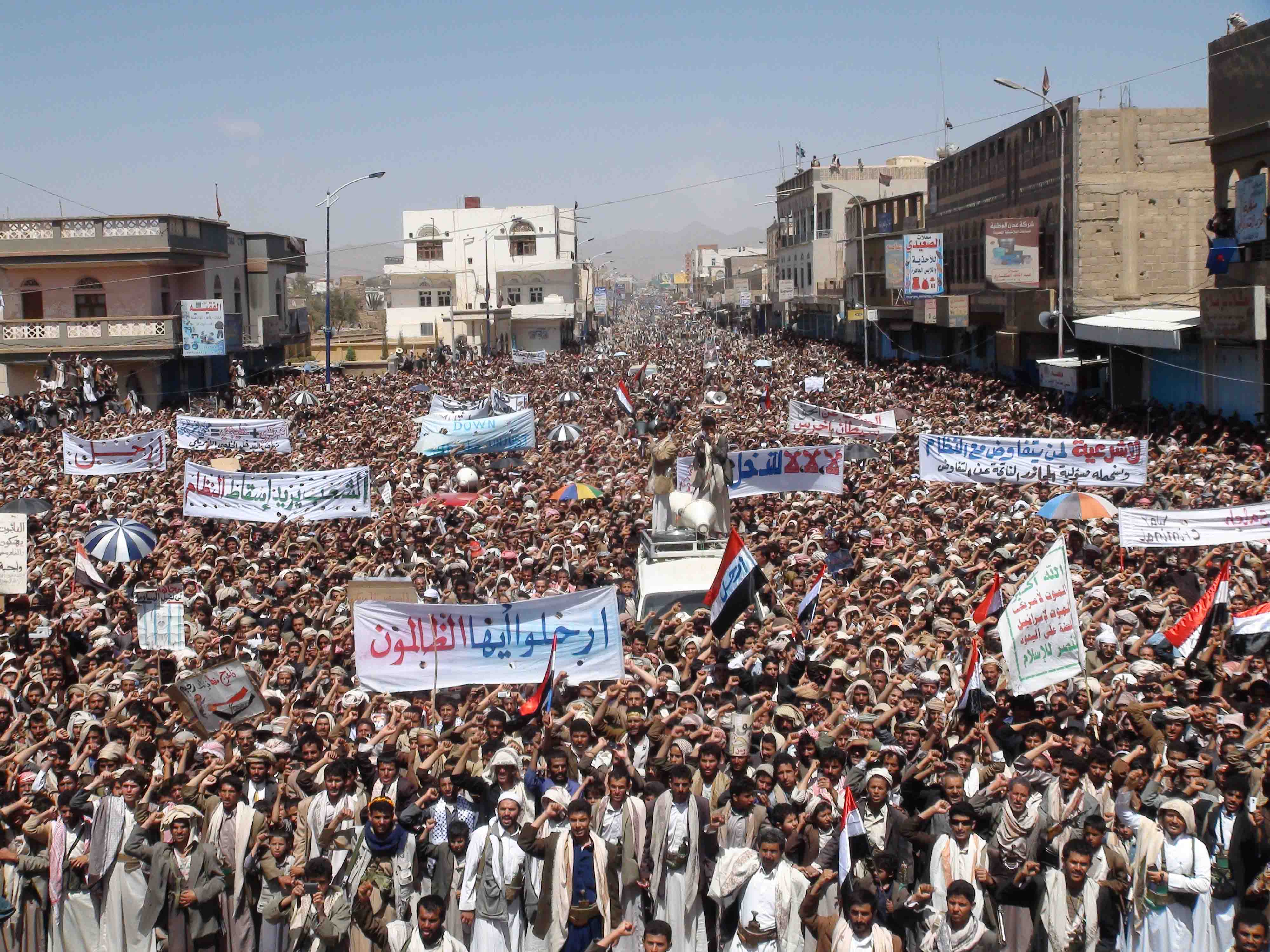DUBAI — Invitations to Jordan and Morocco this month to apply for membership in the Gulf Cooperation Council are aimed at strengthening the security of the monarchies in the Gulf, political analysts and diplomats say.
“G.C.C. decision makers are inviting Jordan, a major country from the Arab East, and Morocco, another major country from North Africa, in order to give political and strategic depth to the G.C.C.,” said Mustafa Alani, director of the security department at the Gulf Research Center in Dubai.
In Paris, the Bahraini ambassador to France, Nasser al-Belooshi, told journalists this month that Morocco and Jordan “are well respected in the world,” adding, “They have a weight globally, and it will help the G.C.C.”
At the same time, Mr. Alani said, “Jordan and Morocco are different in terms of culture, economic profile, and even the type of monarchy found in G.C.C. states.” Given those differences, he said, “this decision seems to be based mainly on a new emerging Arab bloc with geographic expansion plans in mind.”
Since the uprisings began in December in the Arab world, in Tunisia, the Gulf states have been shifting their strategic and political alliances to adapt to changes in their basic security framework. Analysts say this is a response to both the internal threat of further unrest and the external threat from Iran.
Faced by this year’s groundswell of unrest, the Sunni monarchies of the G.C.C. — Kuwait, the United Arab Emirates, Saudi Arabia, Bahrain, Oman and Qatar — have coordinated a mutual defense, using carrots, sticks and diplomacy.
“The six-nation bloc is trying to bolster its defense,” said Ayesha Sabavala, a Middle East economist at the Economist Intelligence Unit, based in London.
In mid-March, the council gave $20 billion in aid to Oman and Bahrain for housing and infrastructure improvements to appease protesters. Days later, troops from the Emirates and Saudi Arabia backed Bahrain’s military crackdown on Shiite demonstrators demanding economic and political reforms. Then, this month, came outreach to Jordan and Morocco — two pro-Western, Sunni monarchies with a common interest in containing Shiite Iran.
The courting of Jordan is a sign of how much has changed in the region’s geopolitical arithmetic. While Morocco has never shown any particular interest in joining the Gulf club, Jordan applied twice, in the 1980s and in 1996, and was rejected, Mr. Alani said.
Taufiq Rahim, a visiting fellow at the Dubai School of Government, said: “There is greater uncertainty in the region and a lot of shifting alliances. The nature of the Arab league is changing.”
“Greater G.C.C. integration will lead to a more united front in terms of foreign policy in the region,” he added.
Analysts say the turning point came when Saudi Arabia and its Gulf neighbors saw how the United States dealt with the fall of the Egyptian regime.
Shadi Hamid, director of research at the Brookings Doha Center and a fellow at the Saban Center for Middle East Policy in Washington, said: “The Saudis worried that if the U.S. was able to turn its back on one of its closest allies in the region when former President Hosni Mubarak left, will they do it again if unrest erupts somewhere else in the region? Who will they throw under the bus next?”
Mr. Hamid noted that Jordan and Morocco have been close to Washington. In 2007, Morocco signed a $697.5 million poverty reduction accord with the United States. Jordan is one of the highest per capita recipients of U.S. foreign aid, Mr. Hamid said, adding, “These two countries have been receiving a lot of money from the United States, and now Saudi Arabia wants to peel them off.”
Mr. Hamid also points out that Jordan has one of the best-trained military and intelligence units in the region.
Emile Hokayem, senior fellow for regional security at the International Institute for Strategic Studies in Bahrain, added that the United Arab Emirates and Saudi Arabia moved some police and army training facilities from Egypt to Jordan in mid-May.
Ms. Sabavala, the economist, said, “The message is that the G.C.C. is looking to diversify its defense allies and perhaps reduce dependence on the West.”
Meanwhile, membership in the Gulf group could bring Jordan and Morocco not just access to alternative aid flows, but also improved trade and employment opportunities — important benefits for countries facing big youth unemployed challenges, said Mhemet Biygautane, a research associate at the Dubai School of Government.
In market-building terms, Jordanian and Moroccan accession to the G.C.C. would double the bloc’s total population, he added. Still, he and other analysts cautioned that there is no solid timeline in place for the two countries to join the club and that the precise scope of any membership deal has not been defined.
“Is it a full membership with privileges of open borders and free movement of people and goods, or will it solely cover selected areas like security and trade?” Mr. Biygautane asked. “So far, we have not heard any specific hints from the G.C.C. regarding the terms of membership.”
Celebrating its 30th anniversary this year, the G.C.C. was founded to foster economic integration among Gulf states. Yet plans for a G.C.C. customs union and common market, proposed in 2007, have made little progress, while the most recent of several target dates for a G.C.C. monetary union passed virtually unnoticed at the end of 2010.
“We shouldn’t take for granted that this G.C.C. integration will definitely happen,” said Mr. Hokayem, the regional security specialist. “This is about putting Egypt, the U.S. and Iran on their toes and sending them a message.”
The invitation to Jordan and Morocco “makes it seem as if the G.C.C. is primarily a political or security body,” he added. “That’s fine, but it raises a lot of questions about common foreign policies for countries dealing with different regional and cultural issues.”

No comments:
Post a Comment